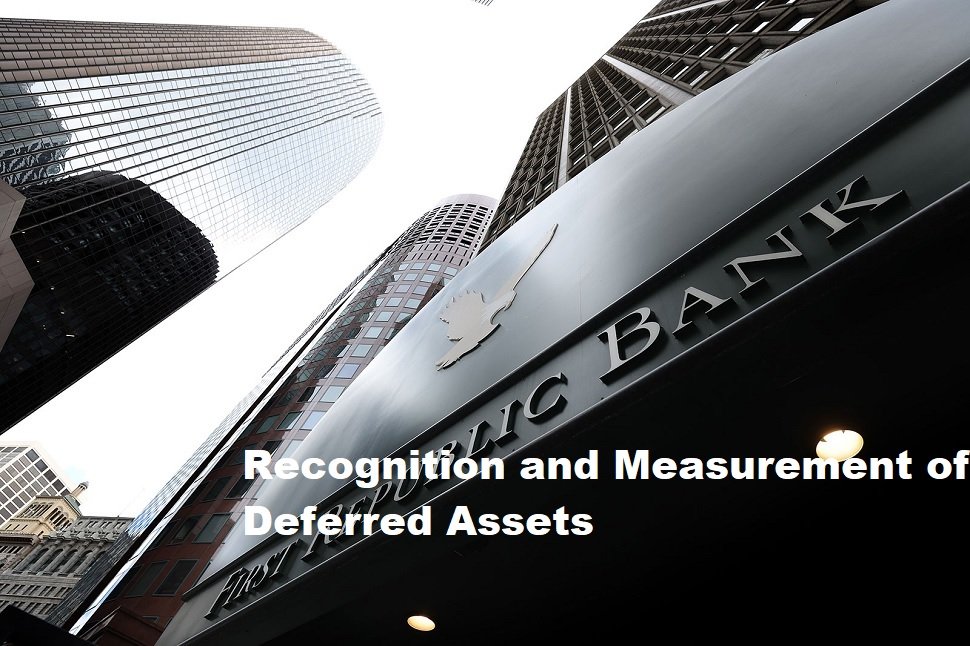Economic disorder is a state of instability that hits a country’s economy. This situation includes various conditions such as high inflation, soaring unemployment, trade balance deficits, and extreme fluctuations in currency exchange rates. Generally, economic disorders are caused by a combination of several internal and external factors, such as changes in economic policy, geopolitical conflicts, or natural disasters. The occurrence of economic disorders is usually triggered by several factors, one of which is an imbalance between supply and demand in the market. This can be caused by several reasons, such as: technological changes that increase the decentralization of production, the level of geopolitical risk that affects raw material prices, as well as monetary and fiscal policies that are not on target. When this imbalance continues and is not immediately addressed by the government through policy or structural changes, the country’s economic conditions will deteriorate rapidly.
The negative impact of economic disorder is felt in various aspects of people’s lives. High inflation causes people’s purchasing power to decrease drastically due to the increase in prices of goods and services. Soaring unemployment will cause families to lose income and increase poverty. A trade balance deficit shows that the country is experiencing difficulty in obtaining foreign exchange from exports, resulting in a weakening currency exchange rate and investors being reluctant to invest their capital. To overcome economic disorder, appropriate policies and good coordination between the government, private sector and society are needed. Steps such as controlling inflation through appropriate monetary policy, creating jobs in line with technological changes, and increasing the efficiency of the fiscal system are some solutions to reduce the risk of economic disorder. Apart from that, wise foreign policy and good economic diplomacy with trading partner countries are also important in reducing external risks that can worsen a country’s economic conditions. With effective coordination and appropriate policies, countries can overcome economic disorders and restore their economies to achieve stable and inclusive growth.
Factors Causing Economic Disorders
Economic disorders can occur due to various factors, some of which are sudden changes in the economy, politics, government policies, and natural disasters. Drastic economic changes such as high inflation, decreased demand for products or services, and market failures can cause economic instability and disruption. This instability affects the financial condition and employment opportunities of the community and ultimately disrupts the wheels of the country’s economy.
Political factors are also the cause of economic disorder. Political tensions, war, or coups can result in uncertainty in a country’s situation and impact its economic condition. Foreign investors may be reluctant to invest in an unstable situation, thereby reducing investment and economic growth. Apart from that, a country’s fiscal policy can also shake economic conditions if the government does not implement sound budget management or makes decisions that are detrimental to certain industrial sectors.
Government policy is often the main factor in causing economic disorder. Government actions such as significantly raising interest rates, changing international trade or tax regulations, or adopting protectionist policies can cause dramatic changes in markets and result in economic disruption. Companies may have to change their operations to adapt to policy changes, causing production costs to increase and affecting competitiveness in the market.
Finally, natural disasters such as floods, earthquakes, or tsunamis can cause severe economic disruption. Infrastructure that is badly damaged as a result of a disaster can hamper the production and distribution of goods and services, thereby affecting economic growth and stability of a country. Not only that, assistance from the government, financial institutions and international donors is needed for the post-disaster rehabilitation and reconstruction process, which ultimately affects state finances. Dependence on external support can result in budget imbalances and long-term fiscal deficits that are difficult to resolve. Therefore, it is important for the government, society and the business world to work together to deal with and prevent the economic impact caused by natural disasters.
Example of an Economic Disorder Case
The first example is the economic crisis in Argentina from 1999 to 2002. This crisis reached its peak when there was a mass withdrawal of funds from the Argentine banking system, which caused a depreciation in the value of the local currency (Peso) and the bankruptcy of many companies. The Argentine government at that time reacted by implementing a fixed exchange rate locking policy (currency board), but in the end had to release the Peso and implement a floating rate policy as a long-term solution. The second example is the 2007-2008 global economic crisis which started with the breakdown of the subprime mortgage housing market in the United States. This crisis then spread to many countries and caused a global recession which was the negative impact of economic disorder. This incident illustrates the impact of the global economy which can be affected by conditions in other countries, especially in trade and investment relations. In this case, the US government together with monetary authorities in various countries took financial rescue steps, such as injecting stimulus funds and injecting capital into banks.
A third example is the Greek debt crisis in 2010 which had an impact on the European economy as a whole. Greece’s inability to repay its debt poses systemic risks to the Eurozone economy and threatens the stability of the Euro currency. To deal with this, the Greek government took budget saving measures, while other countries in the European Union and international financial institutions such as the IMF provided bailout assistance. This case shows how important the role of coordination between countries and international institutions is in overcoming the problem of economic disorder. Lastly, the case example is Venezuela which is currently experiencing hyperinflation or very high inflation. Combined with the ongoing political and social crisis, economic conditions in Venezuela are increasingly unstable and causing extraordinary suffering for its people. This causes many people to leave the country looking for a better life in other countries. To overcome this problem, the Venezuelan government has tried to carry out monetary and economic reforms, but until now it has not shown significant results. Collaboration with international institutions and neighboring governments is one of the keys to helping Venezuela get out of the crisis it is currently facing.
Solutions and Prevention of Economic Disorders
One important step that the government can take to prevent economic disorder is to carefully monitor and control inflation and currency exchange rates. In this case, the central bank must play an active role in determining appropriate monetary policy to maintain economic balance and prevent extreme fluctuations. Apart from that, the government must also ensure that the fiscal and financial sectors function well, such as reducing state debt, preventing excessive speculation, and setting up an efficient and fair tax system for all levels of society.
Companies also have an important role in preventing economic disorders. They must form sustainable business strategies and maintain a balance between economic growth and social stability. Companies also need to ensure the continuity of the employment sector through creating quality jobs, contributing to the development of human resources, and distributing profits proportionally to shareholders, employees and the surrounding community. Apart from that, companies must create a conducive investment climate so that businesses can grow and develop along with changes in the global economy.
Individuals also have a responsibility to prevent economic disorders. Everyone needs to manage personal finances wisely, such as saving, investing and avoiding excessive consumption. Awareness to increase economic literacy also needs to be emphasized, so that individuals are able to understand economic conditions and their impact on daily life. Apart from that, active participation in social and economic activities in the community will also help create strong solidarity and cooperation between members.
If economic disorder has occurred, the important step that needs to be taken is collaboration between the government, companies and individuals. The government must formulate effective policies to overcome the economic crisis, such as injecting funds into affected sectors, reducing interest rates, and fiscal stimulus programs that stimulate economic growth. Companies must adapt to face the crisis by restructuring their business and looking for innovative ways to remain successful amidst unstable economic conditions. Individuals must protect themselves from the impact of the economy by maintaining personal financial stability, learning new skills, and being willing to cooperate with governments and companies in overcoming economic problems. Close cooperation between the government, companies and individuals is the main key to restoring economic conditions and preventing further economic disorder.









